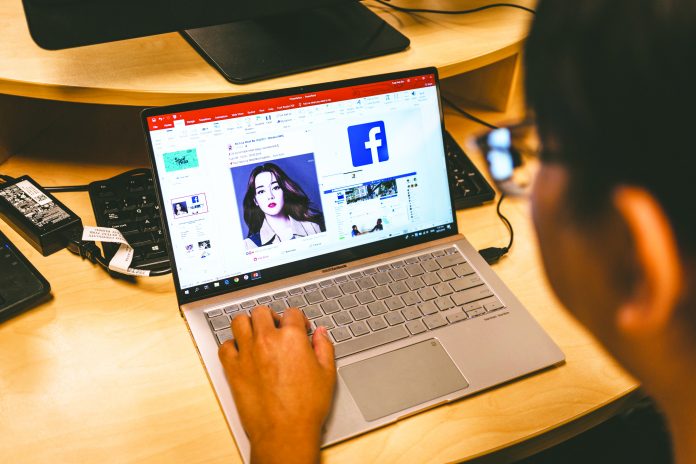Plenty of people who are connected to the internet are catching up with friends on social media or randomly surfing the web. Unfortunately, so are scammers. They are taking advantage of social networking sites, earning victims’ trust by pretending to be someone they already know and sending out a message or two with COVID-19 news, a fundraising request, or perhaps a great deal on a product.
How the Scam Works
BBB warns everyone before responding to such a request, check that the Facebook profile image is from who it says it is. Or go the extra step and call, text, or email the friend to see if they really did send it to you.
While scrolling through Facebook, a message pops up in Facebook Messenger. It’s your friend, family member, or neighbour. At least it “looks” like them because the profile picture matches. From here, the conversation goes one of two ways.
In one version, your “friend” tells you about the most awesome deal they found online, or they want you to view a video.
In another version, the “friend” claims to be raising money for a charity to support emergency personnel, a food bank, or some other organization that has really been hit hard by the pandemic.
A third version is circulating where the “friend” believes their account has been ‘hacked’ and to friend them on a new request. Turns out, they were not hacked at all.
BBB warns everyone before responding to such a request, check that the Facebook profile image is from who it says it is. Or, go the extra step and call, text, or email the friend to see if they really did send it to you.
How to Protect Yourself from Facebook Scams
Be wary of online messages. A person may be trustworthy in real life, but sometimes friends share things without checking them out first, and online accounts can be hacked.
Do Some Research. Go to BBB.org/scamtracker to see if the online website that is selling masks (or whatever product the friend is mentioning) is truly legitimate.
Press for Details. Ask strategic questions without giving any personal information to confirm you are actually talking to someone you know.
Check Your Friends List. If you’ve gotten a friend request from someone you think is already your friend, check your friends list to see if this could be a duplicate, fake account.
Report suspicious activity to Facebook. You can report scammers to Facebook to help protect your real friends and family from a scam, plus you can report impersonations.
Find out more at bbb.org.










